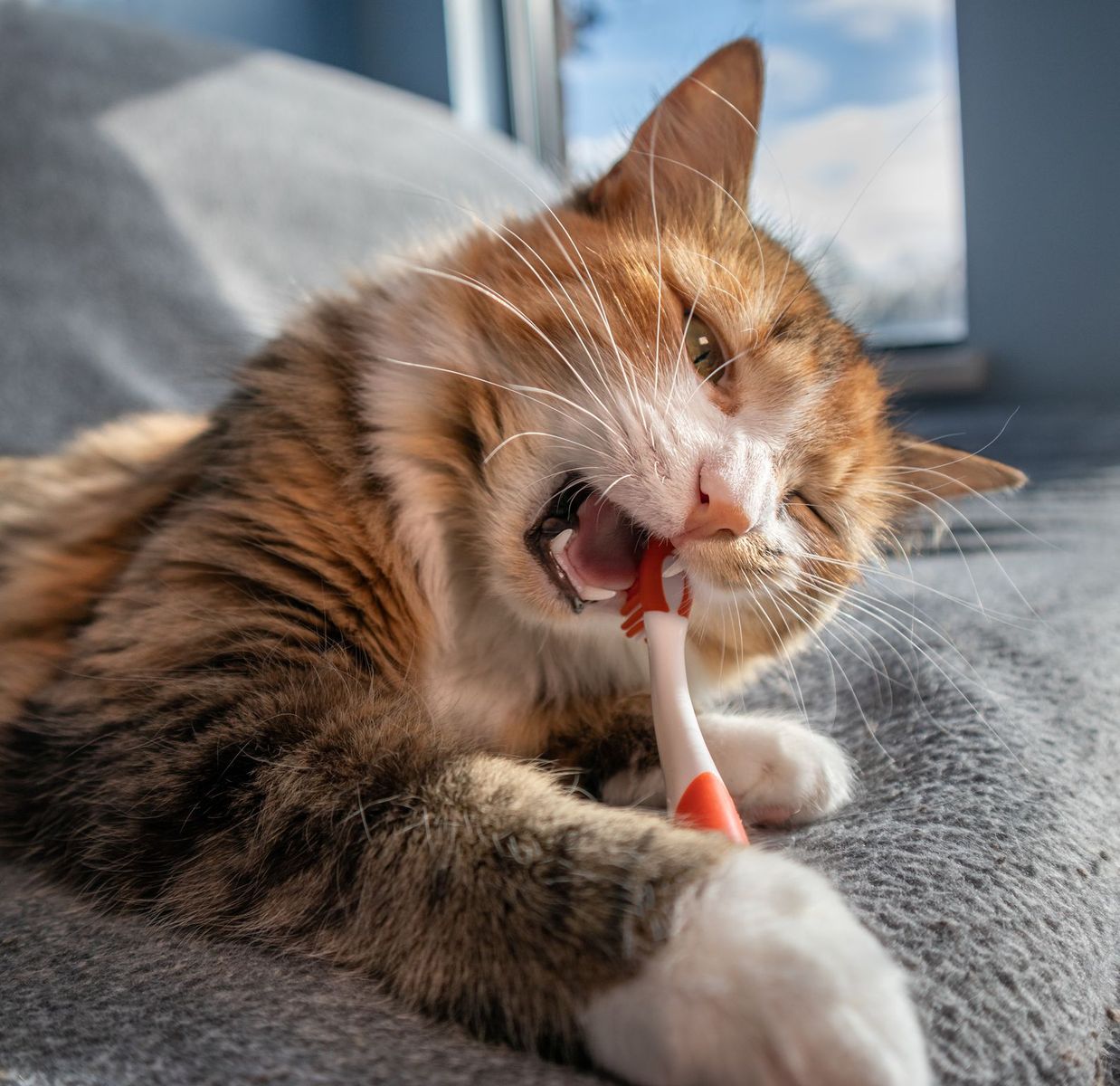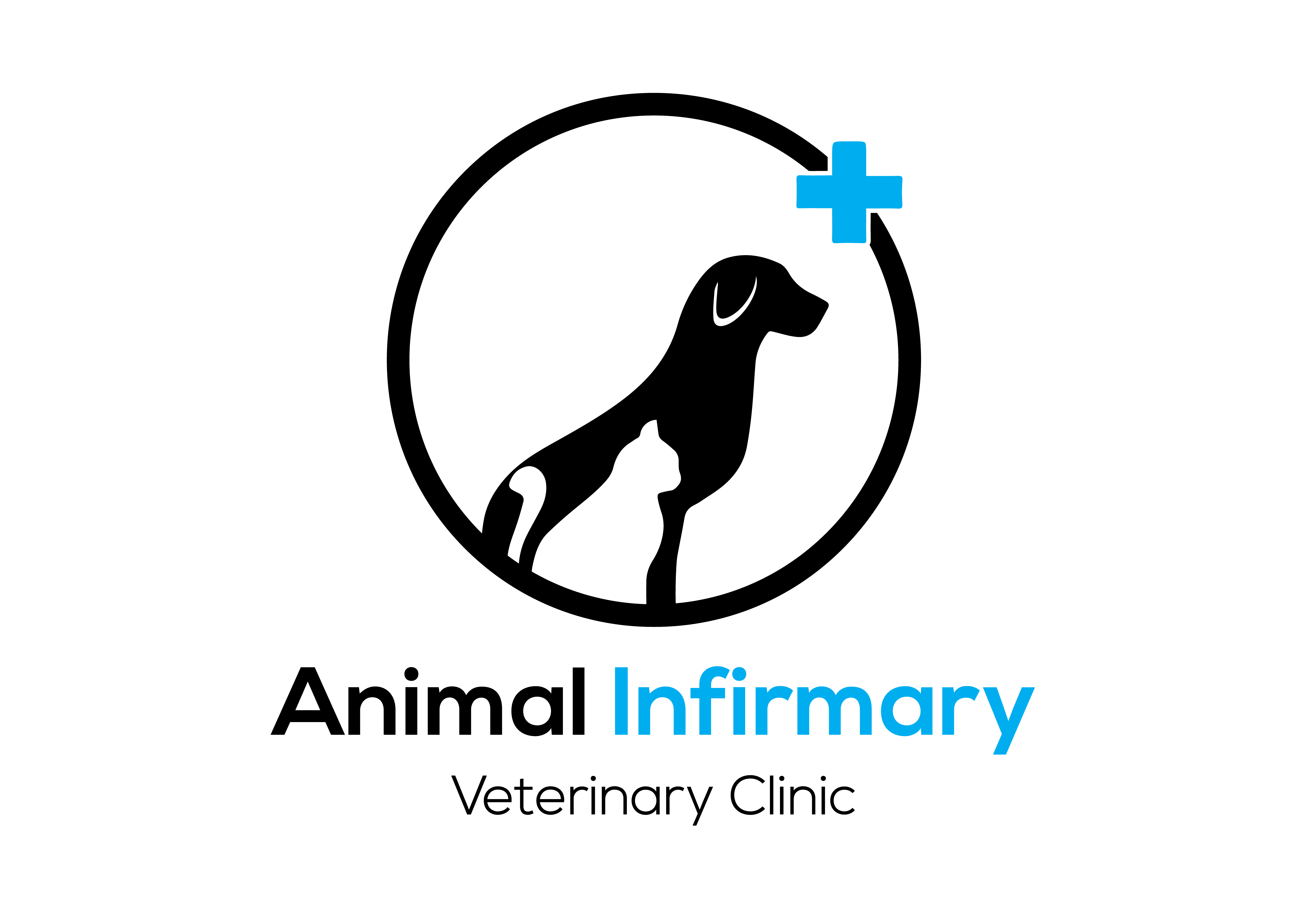Chronic gingivitis and stomatitis can cause severe pain. The animal’s behaviour may change – irritability, aggressiveness, depression or reclusiveness may be seen. The animal may drool excessively, have difficulty eating or not eat at all. Some animals will go up to the dish as though they are very hungry (which they are) and then run from the food dish because eating is so painful. They will often have bad breath (halitosis) and in the case of cats, may not be grooming themselves adequately. Their gums also bleed very easily.

Diagnosis
During the physical exam, which may need to be done under anaesthesia to do it well, multiple lesions are seen. We will see severe inflammation of the gums and even ulcerations and bleeding. The lesions can be on the gums, roof of the mouth, back of the mouth, tongue, or lips. The gums near the molars are more severely affected and even the back of the throat.
Treatment
First, let us review what plaque is. Bacteria play a major role in the formation of plaque. Bacteria live on remnants of food in the mouth. When bacteria combine with saliva and food debris in the channel between the tooth and gum, plaque forms and accumulates on the tooth. When bacteria continue to grow in the plaque and, as calcium salts are deposited, the plaque hardens to become a limestone-like material called tartar. We will need to perform a dental procedure on your cat/dog. This is done under general anaesthetic and the tartar is removed with an ultrasound scaler and the teeth polished. The gums of some cats have an allergic type reaction to tartar and it is essential you keep the teeth absolutely clean.The frequency of the dental procedure defers from case to case basis; ranging from every 6months to a few years. In a small percentage of cats, nothing can help except to remove all the back teeth. Some cats that have viral diseases that influence the immune system like FIV also seem to have an increased incidence of gingivitis. We will recommend FIV test on cats with severe symptoms. Your cat will be sent home on a course of antibiotics. Immune suppressive drugs may also be used in severe cases. You may also be required to apply an antiseptic to your animals teeth and some prescription diets can be tried to prevent plaque formation.
